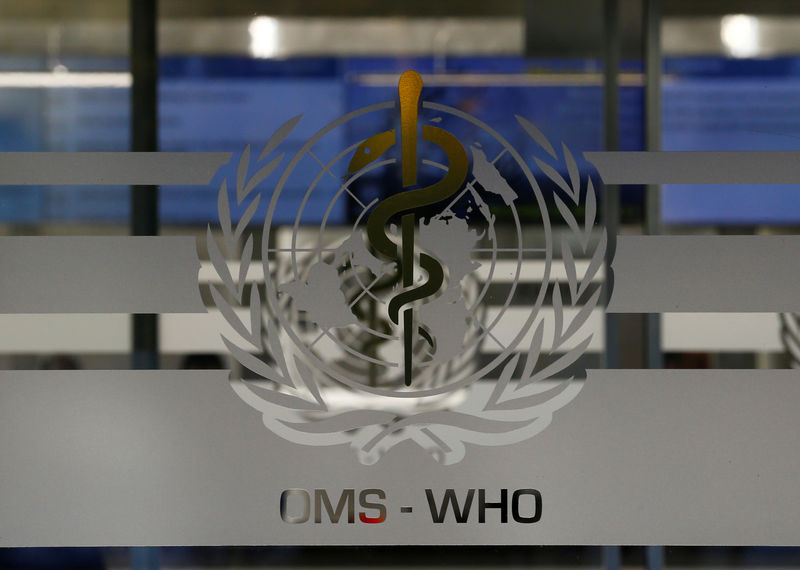By Kate Kelland
LONDON (Reuters) - U.S. congressional committee members warned on Friday that Washington's funding of the World Health Organization's cancer research agency could be halted unless it is more open about its operations.
In a letter to the France-based International Agency for Research on Cancer (IARC) - a semi-autonomous unit of the WHO - the U.S. House of Representatives Science, Space, and Technology (SST) Committee warned it "may reconsider U.S. taxpayer funding" if IARC "does not demonstrate transparency".
No-one at IARC, which is based in Lyon, France, was immediately available to comment.
Since 1985, IARC has received more than $48 million from the U.S. National Institutes of Health, $22 million of which has gone to IARC's "monograph" program, which assesses whether various substances can cause cancer in people.
Friday's letter is the latest twist in an ongoing feud between IARC and two congressional committees. They began an investigation in 2016 after a number of IARC's assessments - that substances as diverse as coffee, mobile phones and processed meat cause cancer - sparked controversy.
The lawmakers said their concerns were also fueled by the cancer agency's review of glyphosate, the primary ingredient of Monsanto's weedkiller Roundup.
A Reuters investigation in October found that a draft of a key section of IARC's assessment of glyphosate underwent significant changes before the report was made public.
In their letter, SST Committee Chairman Lamar Smith, Vice Chairman Frank Lucas, and Chairman of the Environment Subcommittee, Andy Biggs, repeated an earlier request to IARC's director, Christopher Wild, to provide potential witnesses for a hearing before their committee.
"If IARC does not provide a full response to the request for potential witnesses, the committee will consider whether the values of scientific integrity and transparency are reflected in IARC Monographs and if future expenditures of federal taxpayer dollars to this end need to continue," they wrote.
Smith and Biggs had last month written to Wild asking him for more information about IARC's operations and a list of potential witnesses for a hearing.
Wild responded in a letter on Nov. 20 in which he defended IARC's monographs as "consensus evaluations developed by working groups of independent experts, free from vested interests".
He declined to provide a list of potential witnesses for the hearing, but said Smith and Biggs would be welcome to visit IARC and question him and his staff.

In Friday's letter, the lawmakers said their concerns about IARC were of a "serious nature" and "should not be disregarded by IARC". They asked Wild to respond by Dec. 15.